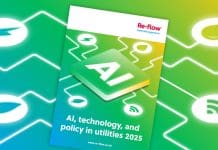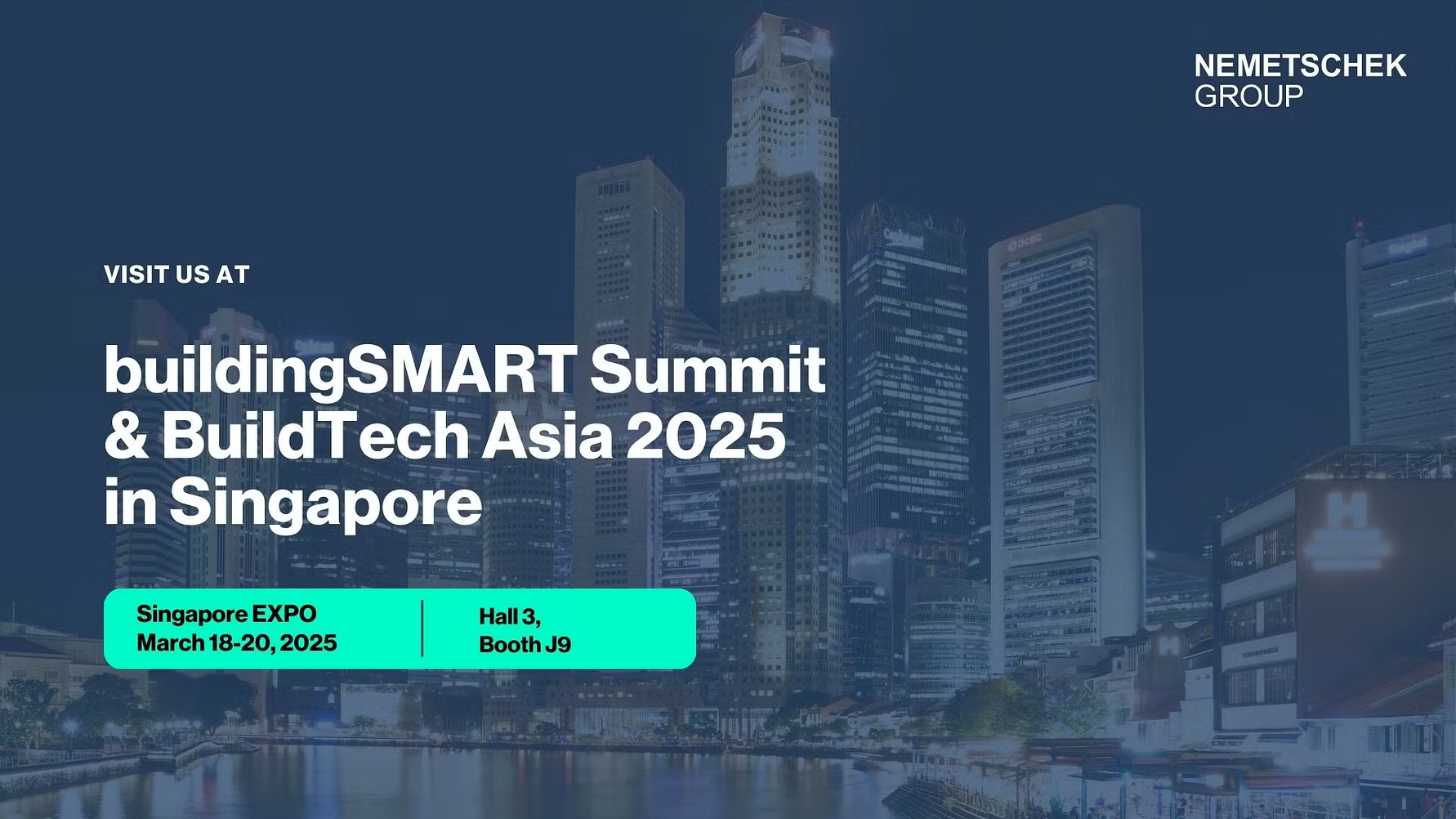Visualisation software specialist Sensat anticipates the perfect storm of green energy investment, artificial intelligence (AI) integration and purpose-driven technology adoption in 2024. CEO James Dean highlights how these converging trends are required as we drive towards a net zero future
Civil infrastructure plays a pivotal role in the global push to achieve net zero emissions by 2050.
Developing essential tools to reach this goal will be crucial in the years ahead. Our journey towards net zero has become a multigenerational, multisector mission.
As we step into 2024, we must see green investment being put to work, the embrace of AI and widespread technology adoption to champion this cause in civil infrastructure.
Putting investment in green energy into action
The commitments at COP28 have catalysed a global focus on green infrastructure, earmarking $6.8bn for a renewable energy future.
This investment marks a substantial shift in the global energy landscape, underscoring the urgent need for sustainable solutions. It is imperative to accelerate the pace at which green energy projects are developed and implemented.
Traditionally, energy projects, especially those in the renewable sector, have been marred by lengthy timelines, often spanning five to 10 years from conception to completion. This delay is attributed to various factors, including regulatory hurdles, technological challenges and the complex nature of securing funding and community buy-in.
These timelines are no longer feasible in the face of climate change and the increasing demand for sustainable energy solutions. It’s time to accelerate our actions. We need to adapt our processes and methodologies to build more efficiently and rapidly.
Building trust with AI
As the Gartner Hype Cycle highlights the prevalence of AI in various capacities, AI is becoming increasingly prevalent across multiple industries.
With its capacity to optimise layouts and analyse vast amounts of data, this technology offers the potential for significantly enhanced decision-making.

While AI’s promise is vast, its application in the traditionally risk-averse civil infrastructure industry remains nascent.
But I believe that this will be the year of building trust with AI. We’re at a point where AI could significantly reduce errors in decision-making, potentially saving millions on critical infrastructure projects.

The coming year will be pivotal in experimenting with AI and learning to build trust with programs.
However, integrating AI into such a conservative industry is not without its challenges. Concerns about data security, privacy and the reliability of AI-driven decisions are prominent.
Addressing these challenges requires a concerted effort from industry leaders, policymakers and technology providers to establish standards, foster trust and facilitate knowledge sharing.
Purpose-driven technology adoption
In a recent survey conducted by Sensat, an astonishing 100% of professionals in the infrastructure industry reported adopting new software in 2023, reflecting a significant digital transformation in the sector.
However, the widespread adoption of this technology has come with its challenges. Notably, nearly one in five respondents admitted to a need for more understanding regarding the specific purposes and benefits of the new technologies being implemented.
This knowledge gap can result in disengaged teams, information misalignment and wasted investments.
Looking to 2024, Sensat predicts a shift towards more purpose-driven technology adoption in the infrastructure industry.
It’s not just about adopting new tools; it’s about understanding and aligning them with our project goals to enhance efficiency and effectiveness.
Read how teams are supporting sustainability and productivity efforts through technology adoption here.
In an industry facing increasing environmental scrutiny and the need for greater efficiency, selecting the appropriate technology is key.
For example, software that lets teams visualise their project sites from their computers enhances decision-making.
Adopting new technologies is crucial in achieving a delicate balance – they not only lessen the environmental impact of our projects but also boost productivity, showing how technology can be an essential asset in addressing the challenges we face.
James Dean
CEO
Sensat










![[VIDEO] UK-based firm reveals ‘world’s first’ fully AI-driven architectural project Studio Tim Fu has revealed the 'world's first' fully AI-driven architectural project in Slovenia, developing six luxury villas on the Lake Bled Estate](https://www.pbctoday.co.uk/news/wp-content/uploads/2025/03/Interior-1-studio-tim-fu-218x150.gif)



